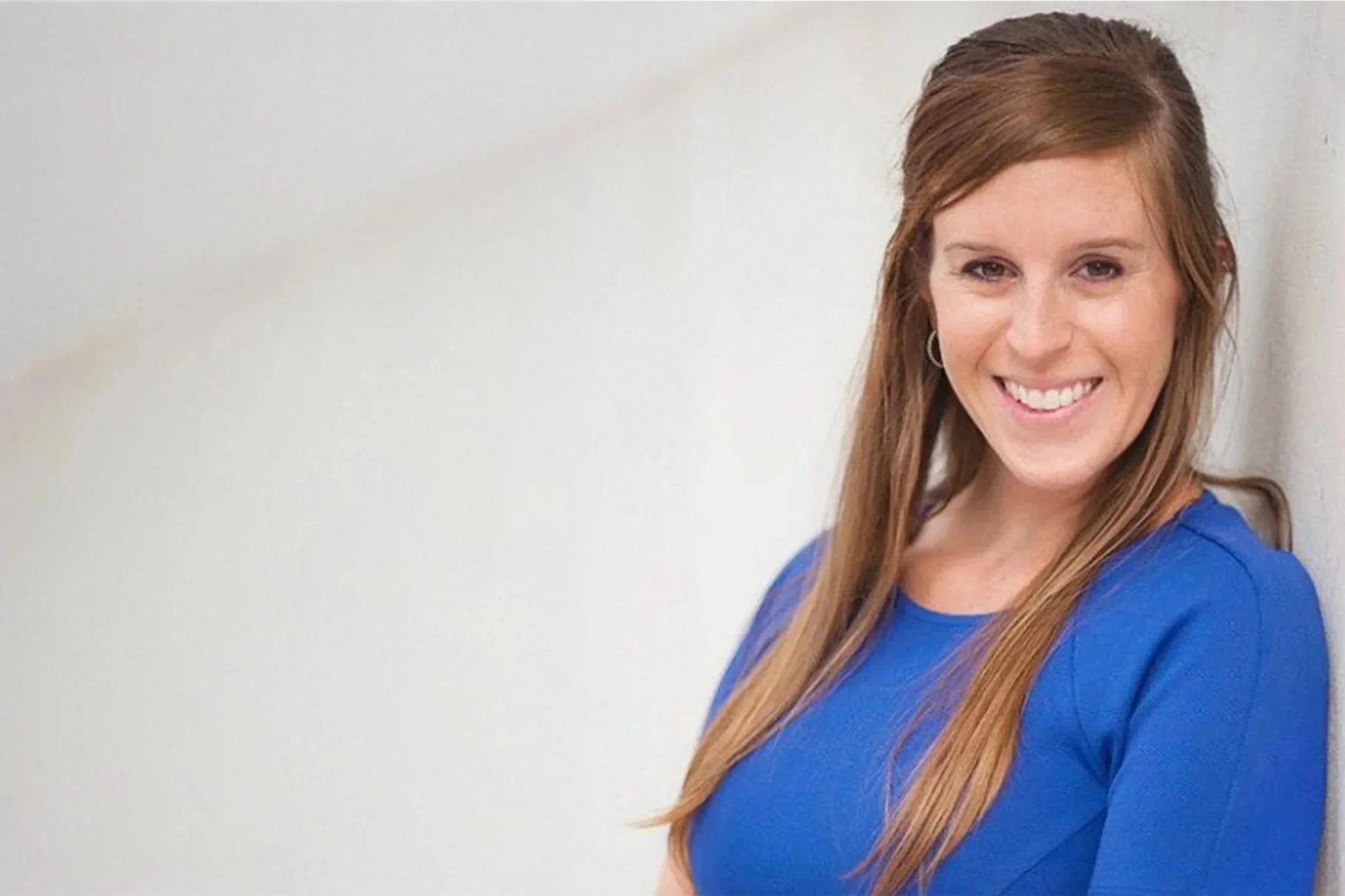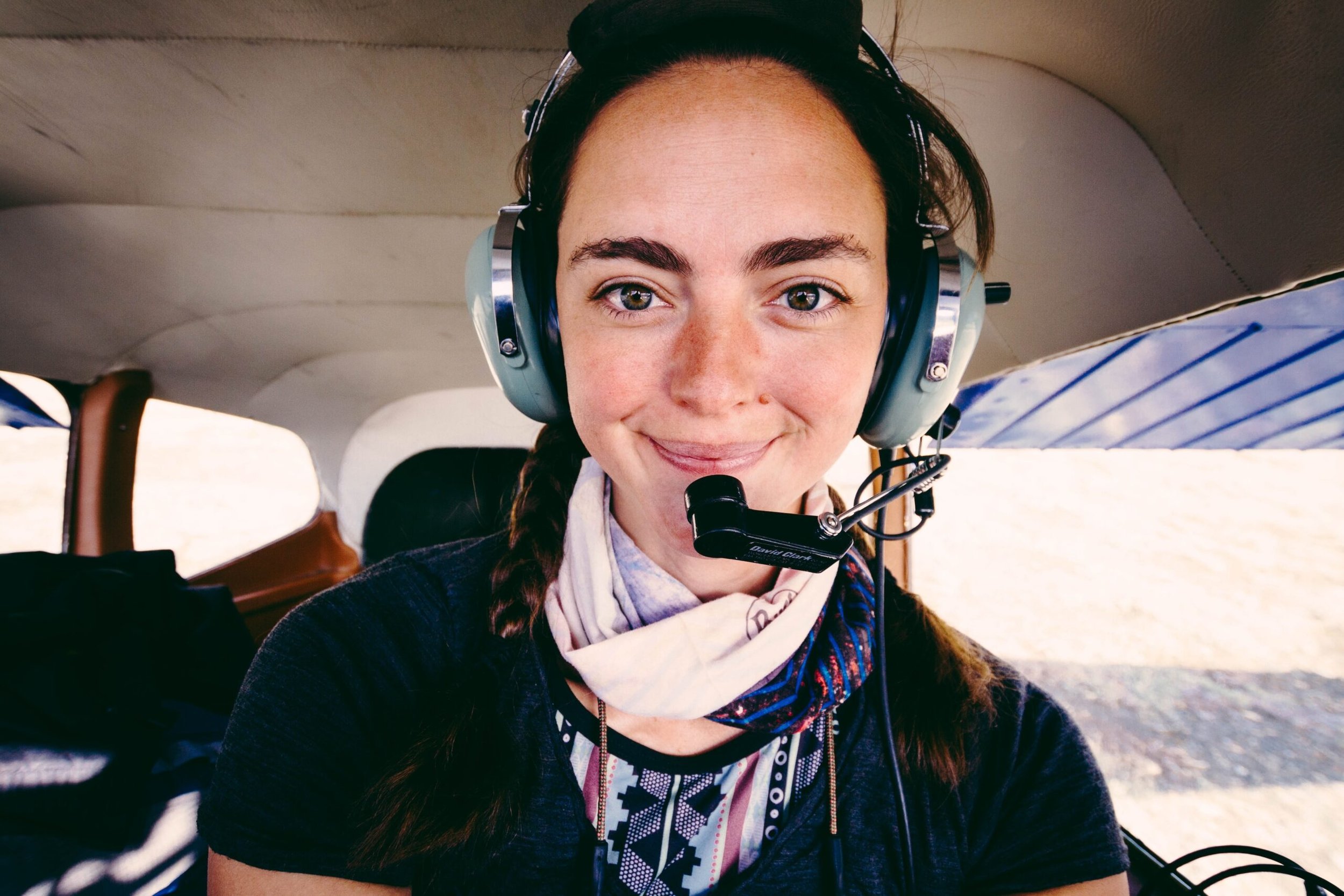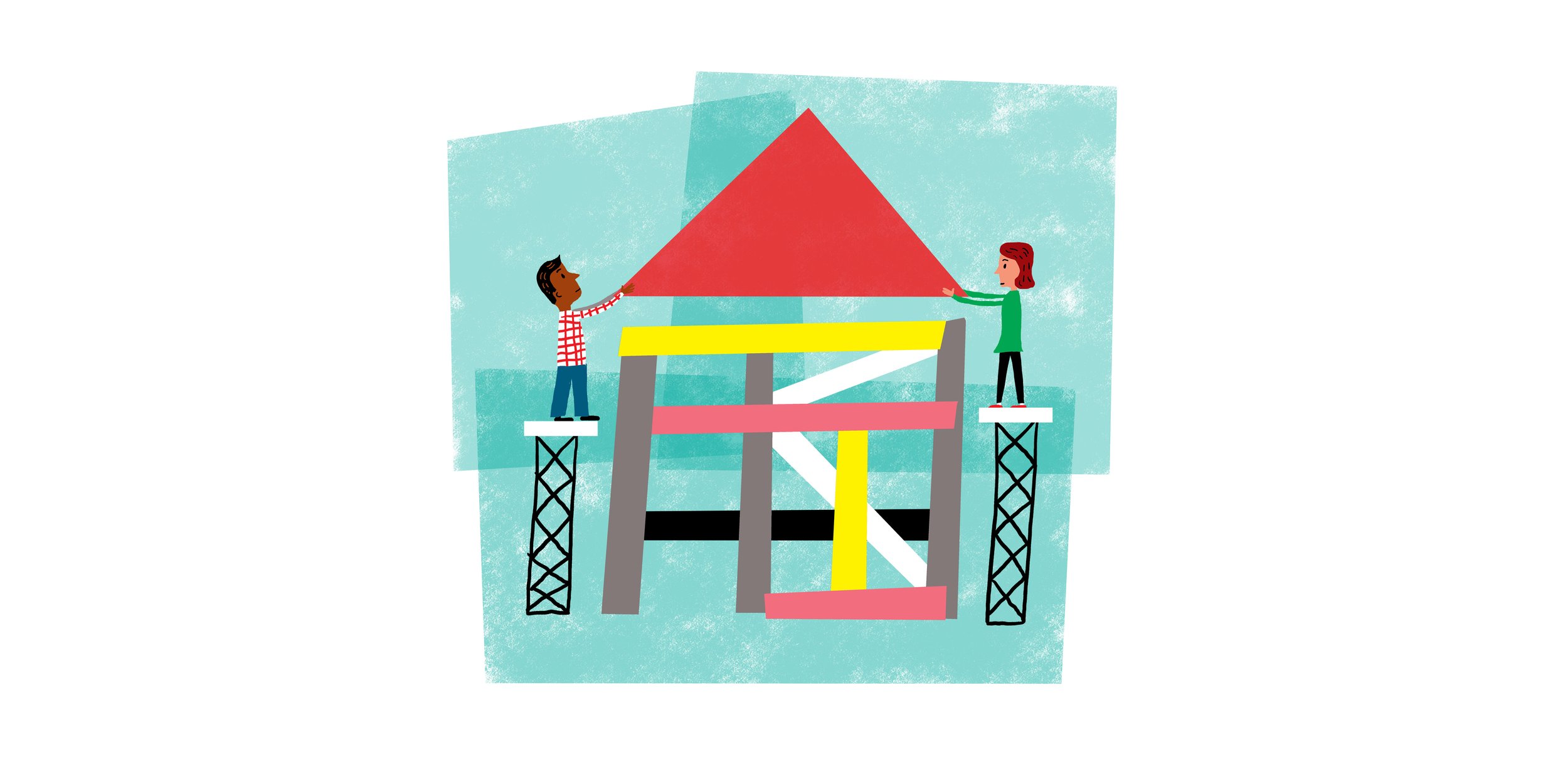MAP Reflections: Navigating the unknown with Jessi Parra
By Jessi Parra, 2020 MAP Fellow
For 13 years, I was a teacher in the Bronx and DC. Teaching always surprises you, multiple times a day and often multiple times per hour. A typical day could include a sudden mass occurrence of gastroenteritis, a kid reading fluently who struggled just the day before, a fire drill, a spontaneous downpour at recess, a parent showing up unannounced with a birthday cake, or a kid repeating choice words she heard in movies, and that’s not even the half. After teaching for 13 years, I was still constantly surprised: It was one of the things I really liked about my job. Even on the most out-of-the-ordinary days, I had the skills and temperament to go with the flow, figure it out, and navigate unknown situations.
In my last handful of years, I had the unique opportunity to specialize in first-grade literacy, social studies, and science, and loved teaching my students how to be vociferous readers, inquisitive critical thinkers, and interested, knowledgeable explorers. After being accepted into the Fulbright Specialist program in 2019, I left the school where I had been for 9 of my 13 years of teaching, and went abroad in the fall to write reading and phonics curriculum for an outstanding social enterprise in Uganda called Oasis Book Project. It was an amazing opportunity, and one that allowed me to embody the same things I taught my students about exploring, learning, and critical thinking. It was hard to leave knowing that, at least for now, the fun, nerve-wracking, exciting surprises of daily classroom life would be put on a shelf.
Upon returning from Uganda, I was lucky to get a job as an Education Specialist with a non-profit. The job was a collection of all things I loved about education – curriculum, teaching, and working with teachers, plus the content was about animals, science, and exploring, so I thought my transition would be easy. What I did not count on, and should have expected, was that working in an office setting is drastically different than managing a classroom.
As a type-A overachiever who has an extremely hard time asking for help, I quickly learned that the surprises and challenges in a business setting were not the same as they were in a school. I had a hard time figuring out protocols, I was nervous to ask questions, and I struggled to find my voice when surrounded by experienced, intelligent people. Even “normal” things like figuring out how to manage so many emails was something I fretted over. I constantly worried I came across as incompetent or ill-prepared. I loved the scope of the work I was doing, but this time the not-so-fun surprise was that I was out of my element operating in a business setting. I found myself in this giant gray area of knowing my experience was valuable, yet struggling with my perceived shortcomings and complete lack of experience working almost exclusively with adults.
Although it may seem foolish to apply to a fellowship during a time of great transition, I applied to the MAP Fellowship after a month of working at the non-profit. Even while teaching, fellowships have always provided me with an outlet to learn and grow, which is how I found myself in fellowships with the State Department and National Geographic previously. Their value has been instrumental in making me a better person and educator, so I thought, in my time of business-person struggle, that maybe this fellowship would offer the same opportunity in the non-profit world: to keep learning and growing while I figured out the job. I was accepted to the Fellowship, and challenged to write a curriculum for a publishing house called Brink Literacy. I had no idea what a game-changer the Fellowship would be for my personal and non-profit professional growth.
The executive coaching part of the MAP Fellowship helped me analyze my working style, my perceptions of myself as an employee, and how to set up protocols for communication within an organization. I am not one of those people – yet – who can jump in during meetings to give opinions, have ideas, and ask questions, but I will certainly have them once I digest the information. I realized that it’s ok that this is my learning style, and it’s ok to explain this style to my boss. My executive coaching also emphasized reframing situations to reflect reality and not my perception, patience with the learning curve, and gentleness with myself. I am still in my first year at the organization and no one expects me to know everything right away, even if I expect that of myself.
The MAP community – Tony Cohn and the other MAP fellows – were helpful in the ways friends are: listening, telling me I’m not crazy, giving me pointers on how they handled these same feelings when they first started their jobs, and providing encouraging yet direct feedback useful to both my new job and my MAP challenge. With their support and guidance, I felt I was really able to make the connections of how this Fellowship opportunity was more than just helping and learning from a non-profit; it was where the rubber met the road of the MAP challenge, professional career development, and growth.
My MAP challenge was to write a college-level curriculum for Brink Literacy Project’s literary anthology, F(r)iction, working with the impossibly fantastic editor-in-chief, Dani Hedlund. Despite our own respective busy schedules, Dani and I connected on her vision for the curriculum, how I could be of service, and what the finished product would look like. It took a bit of time, pivoting, and maneuvering to map the way forward, with some surprises along the way (*ahem* COVID). The pandemic created gray areas in my MAP challenge and in my new job. It was overwhelming and challenging at times to navigate both, but with a clear goal in mind and Dani as my dedicated mentor, we overcame the difficulties together. Dani was generous with dispensing advice, giving tips, setting me up with networking and curriculum-related contacts, and answering many questions. All of Dani’s mentorship was immediately implementable and transferrable to my new job, as well as vital in figuring out the direction for our MAP challenge.
The MAP Fellowship dovetailed so nicely with my work that the only thing I can attribute it to is fate. I am so fortunate that these two experiences lined up in the way that they did. I have grown so much personally and professionally thanks to the MAP Fellowship, and my learnings will serve me well in my career and in further endeavors. I will always miss the surprises managing a classroom can bring – at non-profits, people can say choice words they hear in movies and unannounced cake is a welcome distraction – but I now feel more comfortable and prepared in my job and can start to embrace the surprises and gray areas of working in a business setting, seeing them as challenges, not obstacles. As a smart, hardworking gal, I am sure I would have eventually navigated to a point in my new job where I felt solid, qualified, and prepared, but having the MAP Fellowship community, a mentor, and an interesting, engaging challenge to practice with made the transition less scary and more enjoyable.




